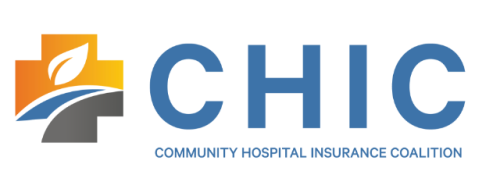U.S. Supreme Court Will Hear Challenge to ACA
No Statute of Limitations Applies for ACA Pay or Play Penalties
COVID 19 Resources and Updates
U.S. Supreme Court Will Hear Challenge to ACA
The U.S. Supreme Court recently agreed to hear a legal challenge to the Affordable Care Act (ACA). The case involved is Texas v. Azar, a lawsuit challenging the constitutionality of the ACA’s individual mandate.
ACA Litigation
Texas v. Azar was filed in 2018 by 18 states after the individual mandate penalty was eliminated. In December 2019, a federal appeals court ruled in the case that the individual mandate is unconstitutional and directed the lower court to determine whether the rest of the ACA can remain in place. The Supreme Court had previously denied a request to expedite consideration of this case. This is the third time the Supreme Court has reviewed the ACA’s constitutionality.
Employer Action Steps
While this legal challenge is pending, all existing ACA provisions will continue to be applicable and enforced. This challenge does not impact Exchange enrollment, the ACA’s employer shared responsibility penalties and related reporting requirements, or any other applicable ACA requirements.
No Statute of Limitations Applies for ACA Pay or Play Penalties
The IRS Office of Chief Counsel recently released a memorandum clarifying that there is no applicable statute of limitations on pay or play penalty assessments under the ACA. This means that there is no time limit for the IRS to issue a penalty assessment for employers that do not comply with the pay or play rules for a given year.
What are the pay or play rules?
The ACA’s employer shared responsibility rules require applicable large employers (ALEs) to offer affordable, minimum value health coverage to their full-time employees or pay a penalty. These rules, also known as the “employer mandate” or “pay or play” rules, impose penalties on ALEs if one or more of their full-time employees obtain an Exchange subsidy (either because the ALE does not offer health coverage, or offers coverage that is unaffordable or does not provide minimum value).
Pay or play penalties are subject to IRS lien and levy enforcement actions. Interest will accrue from the date of the notice and demand, and continue until the ALE pays the total penalty balance due.
Employer Action Steps
Because no statute of limitations applies, the IRS can assess pay or play penalties for an ALE’s noncompliance many years after the violation occurred. As a result, ALEs will want to be sure that they are complying with these rules for each applicable year.
COVID 19 UPDATES
Please visit our COVID – 19 HUB for more information regarding COVID – 19
[table id=20 /]


